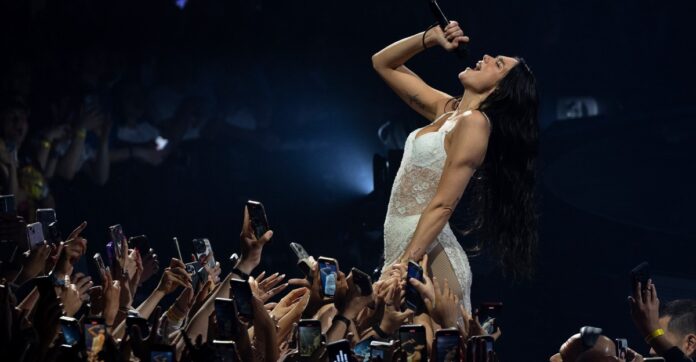Introduction to the Debate
The UK creative industry has been abuzz with a contentious issue that has brought together some of the biggest names in the business. Paul McCartney, Dua Lipa, Ian McKellen, and Elton John are among the hundreds of individuals who have signed an open letter advocating for AI firms to disclose the copyrighted works used in training their models. This move is in support of an amendment to the UK’s Data (Use and Access) Bill, proposed by Baroness Beeban Kidron.
The Amendment and Its Significance
The amendment, which has been met with opposition from the UK government, aims to add a requirement for AI companies to reveal the copyrighted materials used in their model training processes. This issue is crucial for the creative industry, as it directly impacts the future of creativity and income for artists and creators. The British House of Lords has passed the amendment with a significant majority of 272 to 125, marking a pivotal moment in the debate. However, the amendment will now return to the House of Commons, where it may face removal once again.
The Stakes for the Creative Industry
The implications of this amendment are far-reaching, with potential consequences for the UK’s position as a creative powerhouse. According to the open letter, if the creative industry gives away its work without proper compensation, it risks losing immense growth opportunities and future income. This could also undermine the values and laws of the United Kingdom in the technology that shapes daily life. The letter emphasizes that the proposed amendments will foster a dynamic licensing market, enhancing the role of human creativity in the UK and positioning it as a key player in the global AI supply chain.
Accusations Against AI Companies
Companies like OpenAI and Meta have faced accusations in court for using copyrighted material without permission to train their models. Baroness Kidron highlights that while the creative industries welcome advancements enabled by AI, questions about how AI is developed and who benefits are paramount. The creative industry’s stance is clear: the use of copyrighted material without permission is an assault on the British economy, particularly in a sector worth £120 billion to the UK.
The Industry’s United Front
The open letter has been signed by numerous media companies, music publishers, and arts organizations, demonstrating a united front within the creative industry. The supporters of the amendment argue that it is essential to ensure that AI development benefits creators and the UK economy. By requiring AI firms to disclose the copyrighted works used in their models, the industry aims to establish a fair and transparent system that values human creativity.
Conclusion
The debate surrounding the amendment to the UK’s Data (Use and Access) Bill has significant implications for the creative industry. The passing of the amendment in the House of Lords marks a crucial step forward, but the journey is far from over. As the amendment returns to the House of Commons, the creative industry will be watching closely, hoping that their voices will be heard and their rights protected. The future of creativity, income, and the UK’s position as a creative powerhouse hang in the balance, making this a pivotal moment in the history of the industry.

